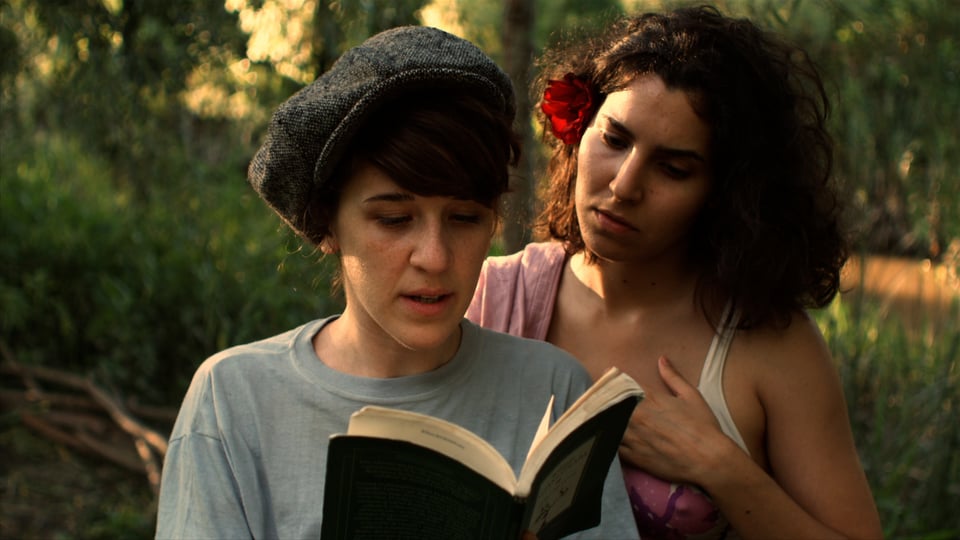It can seem nearly impossible to find permutations of Shakespeare’s work that have not yet been explored, but Argentinian film director Matias Peñeiro is up to the challenge with The Shakespeariada project—an ongoing cinematic undertaking currently comprised of films Rosalinda and Viola. For one night only next week, we Torontonians have a rare opportunity to see the series on the big screen, as the TIFF Bell LightBox presents a larger retrospective of Piñeiro’s work. From April 3rd- 6th, four of the exciting (and humbling-ly young!) director’s films will be screened, with Rosalinda and Viola being shown together on the evening of the 6th. All selections will be introduced by Piñeiro himself.
As Shakespeare buffs will have guessed, Rosalinda and Viola were inspired by the heroines in As You Like It and Twelfth Night, respectively; but Piñeiro does not call his his work adaptations so much as “variations, extensions, desecrations.” He began with the raw material of two of Shakespeare’s most well-known comedies—for Viola, only one scene from Twelfth Night!—and used it as a departure point for intimate, modern, and playful reimaginings. The films are perfect for Shakespeare lovers who don’t mind their Bard deconstructed, or for those who’ve simply read (or dreaded reading!) his texts. Anyone fearing a Hamlet-style theatrical marathon can chill; the films are practically bite-size, clocking in at a combined 110 minutes.
The most appealing aspect of these films to me is their focus on female protagonists. While Shakespeare certainly wrote some incredible female characters, they tend to be drastically outnumbered by male characters, exist as catalysts for male-driven plot development, and of course weren’t even represented by actual women onstage at the time. In Piñeiro’s adaptations, the director works closely with his actresses to find and illuminate the richness and complexities of his (here, actually female) protagonists. And the films reflect this: the characters are given new dimension as the actors (María Villar in Viola and Augstina Muñoz in Rosalinda) delve into the material—exploring and challenging the boundaries between performance and reality in their lives, relationships and art.
Part of what makes Piñeiro’s approach exciting is that he strives to make text a physical and visual presence in his films: in his own words, he’s “interested in how a Shakespeare voice hits someone’s face”(!). Film smarties and aficionados have compared him to Rohmer in this sensibility, an French director who believes that “words are something one can film, like a mountain” (!). Peñeiro’s work has also drawn considerable comparison with Godard, whose retrospective at TIFF we covered here.
The other films shown in the retrospective are They All Lie, and The Stolen Man—also reworkings of classic texts—and Piñeiro’s Carte Blanche selection: Before the Revolution, from director Bernado Bertolucci.
The retrospective presents a wonderful opportunity to discover films in which, as The Brooklyn Rail so beautifully put it, “poetry and theatre trade lines with daily life in a lovely, mercurial call-and-response.” And what better way to celebrate this interdisciplinary mashup than with a live screening in a theatre setting? If film-inspired-by-canonical-
More information available here.



 Follow Us On Instagram
Follow Us On Instagram
